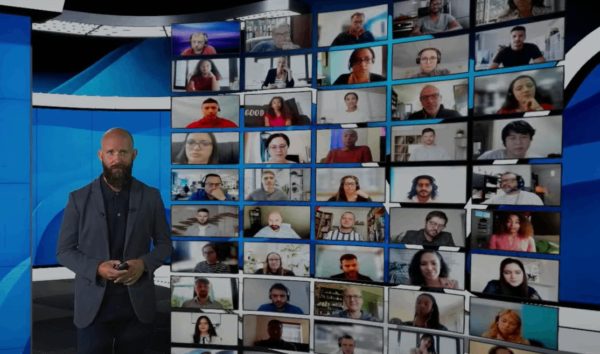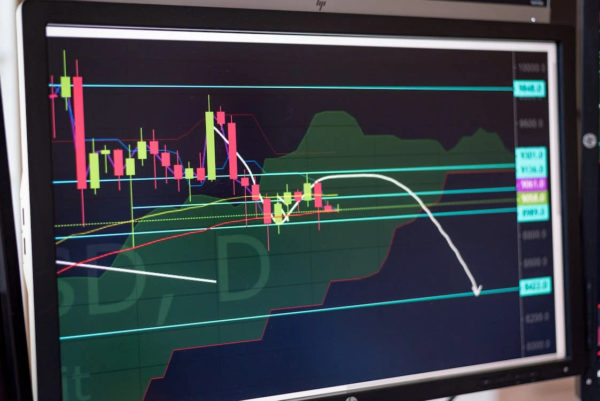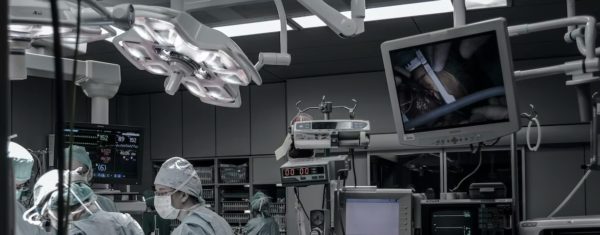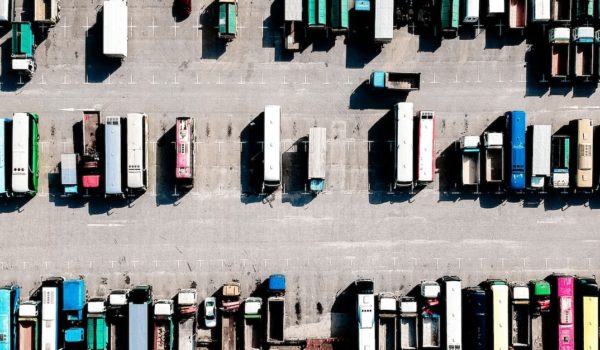British car manufacturing fell to the lowest level in more than half a century last year, after being struck by supply chain disruption and a spate of factory closures. The number of cars produced fell by 9.8%, the worst year since 1956, according to recent figures by the Society of Motor Manufacturers and Traders.
But it’s not just the UK. Production is suffering globally. The motor industry is a constantly evolving field, and as such, manufacturers are always facing fresh challenges. Here’s some of the biggest they can expect for 2023…
The Global Semiconductor Shortage
The biggest issue last year – without any doubt – was the ongoing supply issue surrounding semiconductors.
Side note: A semiconductor is pretty much a microchip for cars, a tiny piece of technology that helps so much of the modern world run. They’re used in everything from cars and computers to smartphones, and even household goods such as televisions.
The shortage of these was caused by a combination of factors including:
- Increased demand for electronic devices
- Supply chain disruptions
- Production shutdowns due to the pandemic
This has led to delays and disruptions in the production of cars, resulting in a significant decrease in the number of cars being produced.
Electric Vehicle (EV) Production:
“What is innovation for?”
A senior leader from Swiss Automotive Group asks in a recent Meet the Boss roundtable. “Innovation is solving current problems with new solutions or solving future problems with future solutions.”
Enter the electric car.
As more and more consumers begin to prioritize environmental concerns, the demand for electric vehicles is increasing, leading to a decrease in demand for traditional fuel-powered cars. It also means manufacturers need to meet demands in the development of new battery technologies and the integration of powertrains into existing vehicle platforms.
Compliance With Emission Regulations
Governments around the world are implementing stricter emissions regulations to reduce air pollution and combat climate change. Manufacturers must ensure that their vehicles comply with these regulations, while also maintaining the performance and capabilities that consumers want.
The emission standards aim to reduce the levels of harmful pollutants released into the environment, such as carbon monoxide, nitrogen oxides, and particulate matter. To meet these standards, manufacturers must design and produce vehicles that emit lower levels of these pollutants.
This requires the use of advanced technologies, such as catalytic converters and particulate filters, as well as more efficient engine designs and alternative fuels. Implementing these new technologies and modifying production processes can be expensive, and this cost is often passed on to the consumer. This can make vehicles more expensive, which may discourage some people from buying new, more environmentally friendly vehicles. Additionally, there can be discrepancies between different countries’ regulations. This creates difficulties for manufacturers that operate in multiple countries.
Supply Chain Disruption
“Where do customers become the most frustrated in our journey? And how do we work to solve this?”
Words from an executive leader at General Motors in a recent Meet the Boss roundtable, asking the important questions. The answers often come somewhere in the supply chain, especially when things get disrupted.
The biggest disruption for the motor industry has been the COVID-19 pandemic. It has hit supply chains globally, causing delays and shortages in the availability of components and materials. Manufacturers have had to work hard to find ways to mitigate these disruptions and ensure that they have the necessary resources to continue production across the world.
China is the biggest producer and supplier of semiconductors, as well as several other parts used in vehicle production. But the country’s covid restrictions have resulted in various factory closures over the past few years, limiting the supply of these components dramatically. This has had a serious knock-on effect for global vehicle production.
Cybersecurity
In the latest GDS Manufacturing Summit, a senior leader at Ford Motor Company says, “we have been trying to help people picture how the world is going to change, and why the world has changed.”
Which leads us to the impact of technology. With the use of software in vehicles on the rise, manufacturers must increasingly ensure that their vehicles are secure against cyber-attacks. This includes protecting against hacking and ensuring the integrity of data transmitted to and from the vehicle.
Labour and Workforce Challenges
During a recent Meet the Boss roundtable, an executive leader from Swiss Automotive Group says, “Business is basically data driven. But I would love it to be more automated.” Automation has been a game-changer for the automotive industry, transforming the way vehicles are manufactured, designed, and tested.
The increasing demand for high-quality vehicles, combined with the need to reduce costs and improve efficiency, has led to the widespread adoption of automation technologies in the automotive industry. But for this to be successful, manufacturers must also consider more ways to retrain and reskill their workforce, to keep up with the changing demands of the industry. They must find ways to innovate and adapt to meet these challenges to remain competitive in the global market.
This may include investing in research and development, implementing new technologies, and building partnerships and collaborations with other companies and organizations.
GDS Summits are tailored 3-day virtual event conferences that bring together business leaders and solution providers to accelerate sales cycles, industry conversations and outcomes. Regarding the NG Manufacturing Summit 100% of Delegates said the overall experience of the Digital Summit they attended was either Above Average or Excellent and 100% of Delegates said the Digital Summit provided them with actionable outcomes to support their current initiatives.
For more, click here to hear from attendees on how GDS has helped them to achieve their business outcomes.
Continue the debate at GDS’ NG Manufacturing Summits where we bring together senior manufacturing executives who are actively seeking to share, learn, engage, and find the best solutions.














